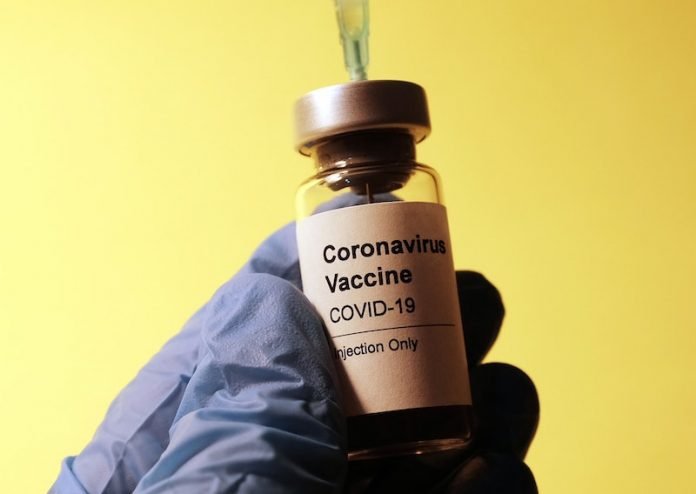
In a recent study, researchers found the effectiveness of the Pfizer and Moderna COVID-19 vaccines against infection dropped from 91% before the Delta variant became dominant to 66% afterward.
Scientists have been examining the real-world performance of the two vaccines since they were first authorized among healthcare personnel, first responders, and other frontline workers.
The study is from the Centers for Disease Control and Prevention.
In the study, the team tested thousands of workers across six states weekly and upon onset of COVID-19 symptoms.
They estimated efficacy against symptomatic and asymptomatic infection.
The team looked at the rate of infections among vaccinated and unvaccinated people and the amount of time they were tracked.
They estimated that the vaccine effectiveness was at 91% in the initial study period of December 14, 2020 to April 10, 2021.
But they also found during weeks in the run-up to August 14, when the ultra-contagious Delta variant became dominant, effectiveness fell to 66%.
The team says the 66% estimate was based on a relatively short study period with few infections.
Although these findings suggest a moderate reduction in the effectiveness of COVID-19 vaccines in preventing infection, the sustained two-thirds reduction in infection risk underscores the continued importance and benefits of COVID-19 vaccination.
Other recent studies have concluded vaccine efficacy has dropped against Delta.
Delta became the dominant strain in the United States in early July. The amount of virus found in the first tests of patients with the Delta variant was 1,000 times higher than patients in the first wave of the virus in 2020, greatly increasing its contagiousness.
Copyright © 2021 Knowridge Science Report. All rights reserved.



